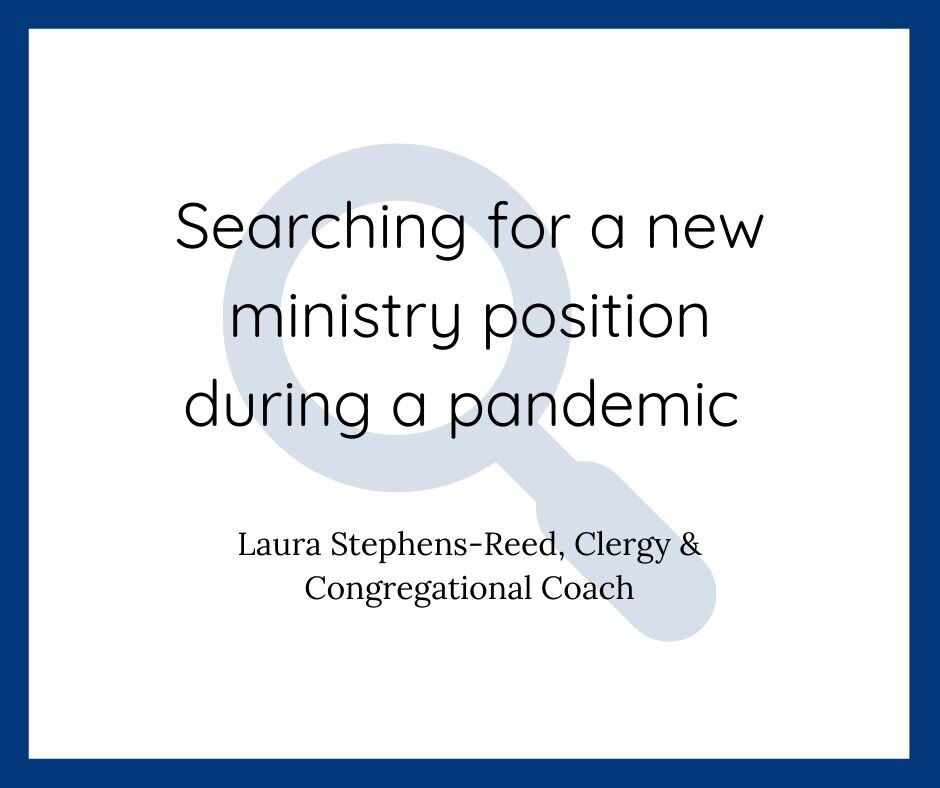As a kid learning to love basketball as Michael Jordan was emerging as an NBA superstar, I was curious about the Netflix docuseries covering his final season with the Chicago Bulls. I found several aspects of the series fascinating: Jordan’s exaggerated sense of competition, his rise as a cultural icon, his role in making individual endorsement deals as a team sport star commonplace. (By the way, did you know Nike was a small company specializing in track shoes until Jordan signed a deal with it straight out of UNC? I didn’t.)
But it was a quote from a journalist in the last episode that really grabbed me:
“Most people struggle to be present. People go and sit in ashrams in India for twenty years, trying to be present. Do yoga, meditate, trying to get here, now. Most people live in fear because we project the past into the future. Michael is a mystic. He was never anywhere else. His gift was not that he could jump high, run fast, shoot a basketball. His gift was that he was completely present, and that was the separator.”
Michael Jordan’s gift wasn’t his athleticism, it was his ability to be present.
That’s quite a statement. It’s also a ray of hope to me. I’ll never have great physical gifts. I’m a decent preacher, but no one will ever call me the GOAT. Sometimes I’m slow to respond in conversation. But being present? That’s something that I - that you - can conceivably do. That’s the real gift, and it’s available to us.
Sure enough, being present is especially tough right now when the demands are greater and our roles overlap in messy ways. That’s also why it’s even more important. If we can be where we are, if we can be with the people around us, if we can stay in the present without worrying about how our leadership will be received or obsessing about what our choices are doing to our loved ones, not only will this time be more bearable, it will also make us better pastors, parents, friends, and citizens.
What do you need in order to be deeply present? Keep it simple: a deep breath, a focusing verse of scripture or image, a ritual that helps you transition from one mode or task to the next.
I wonder what incredible, relational things we might be capable of if we leaned into this superpower.
Photo by Eilis Garvey on Unsplash.


















